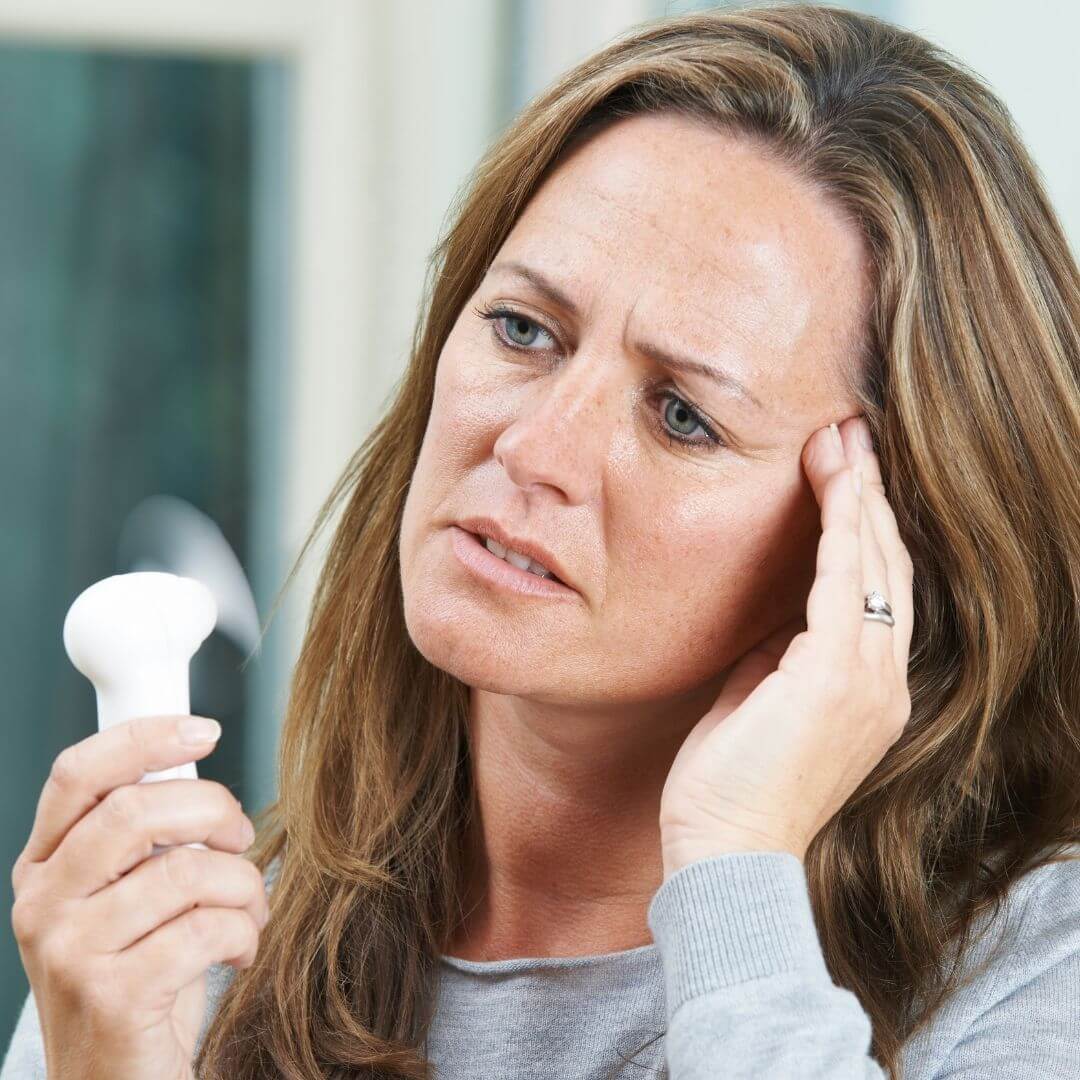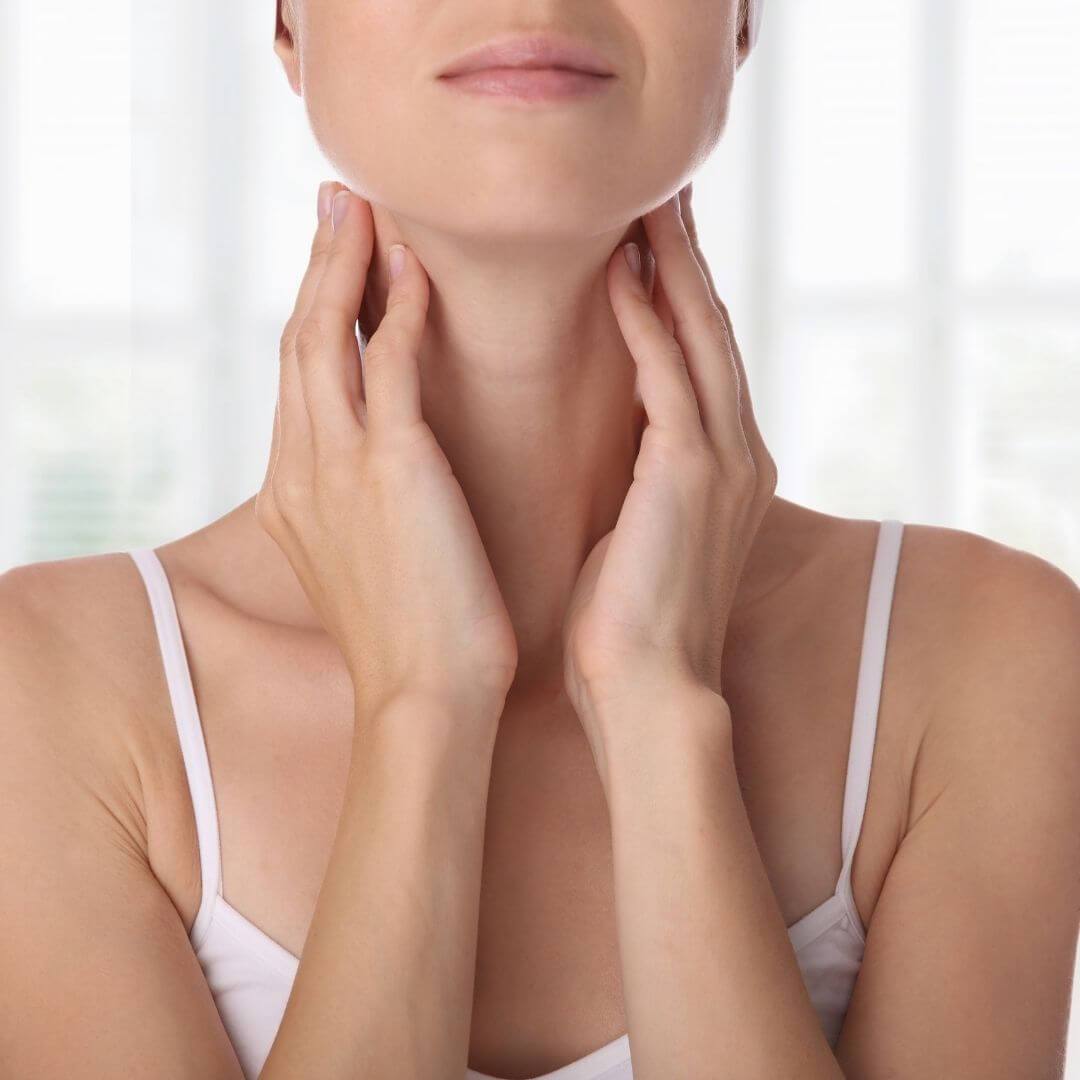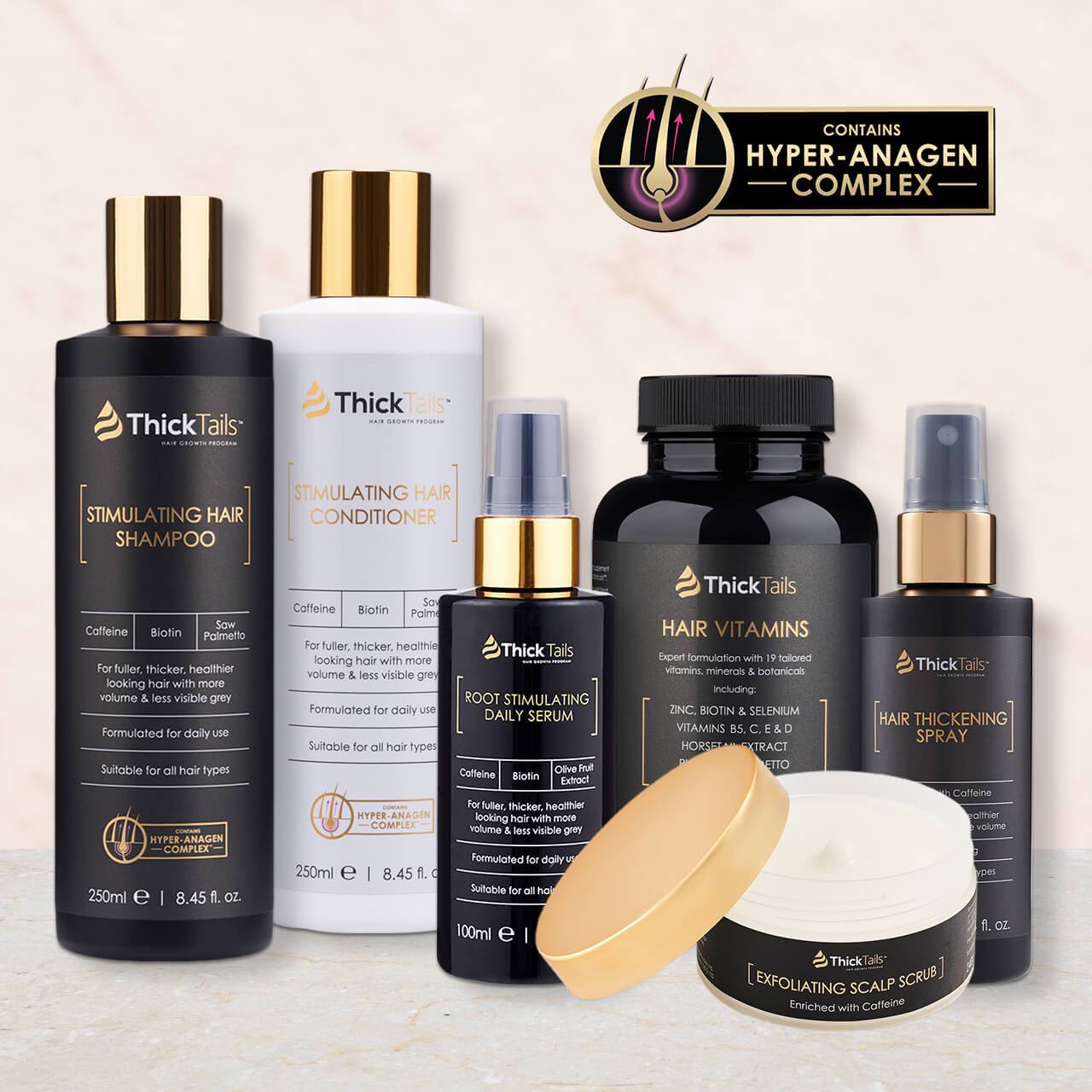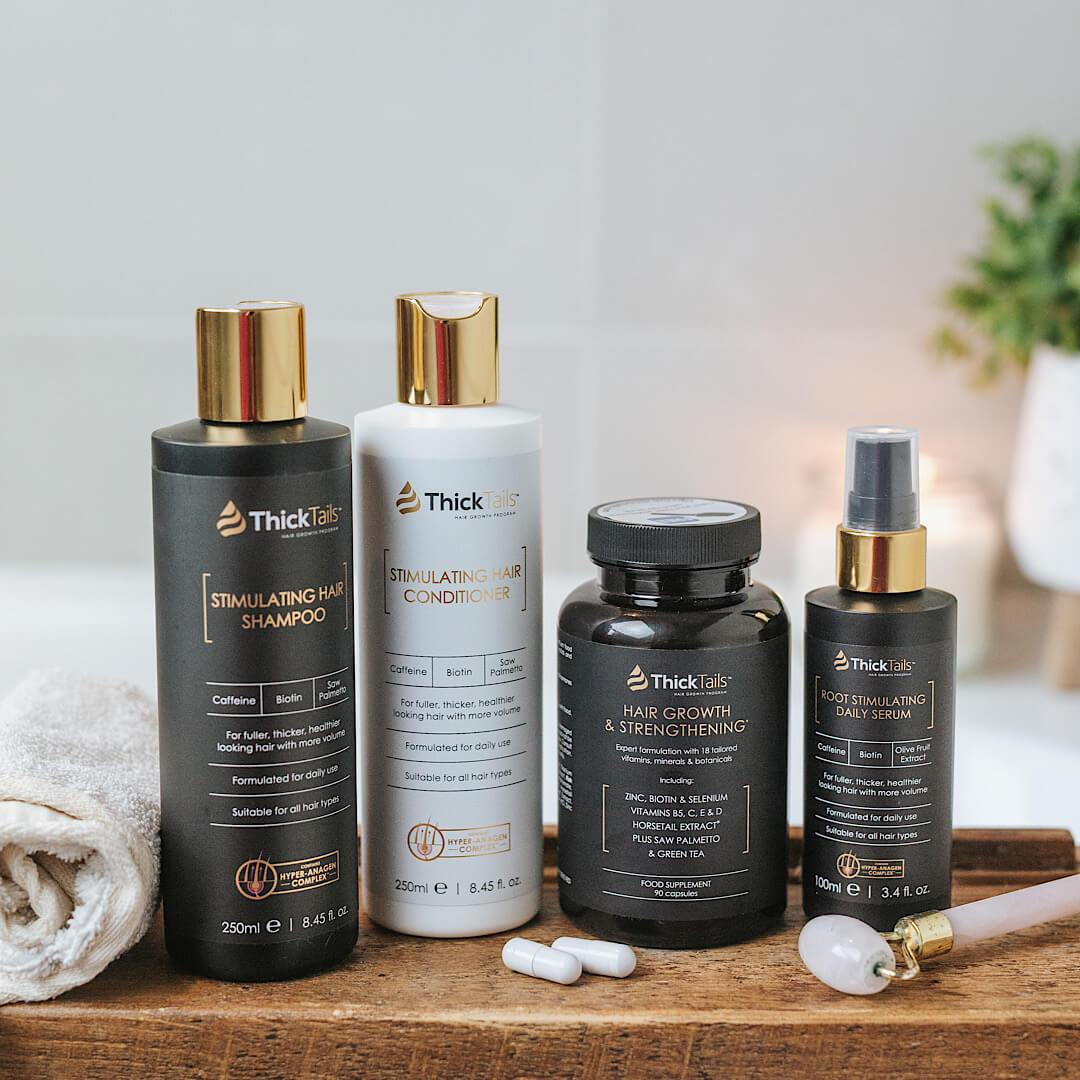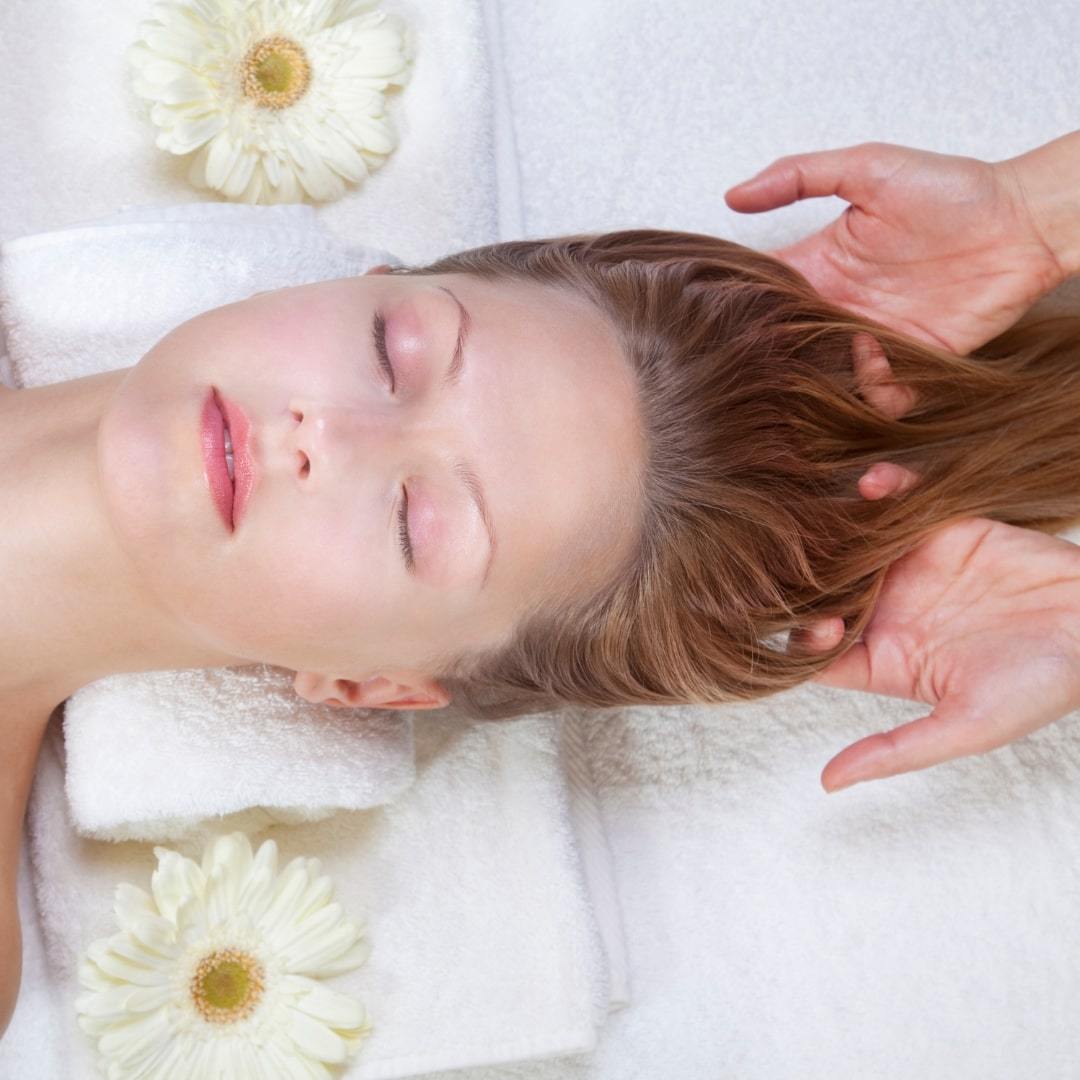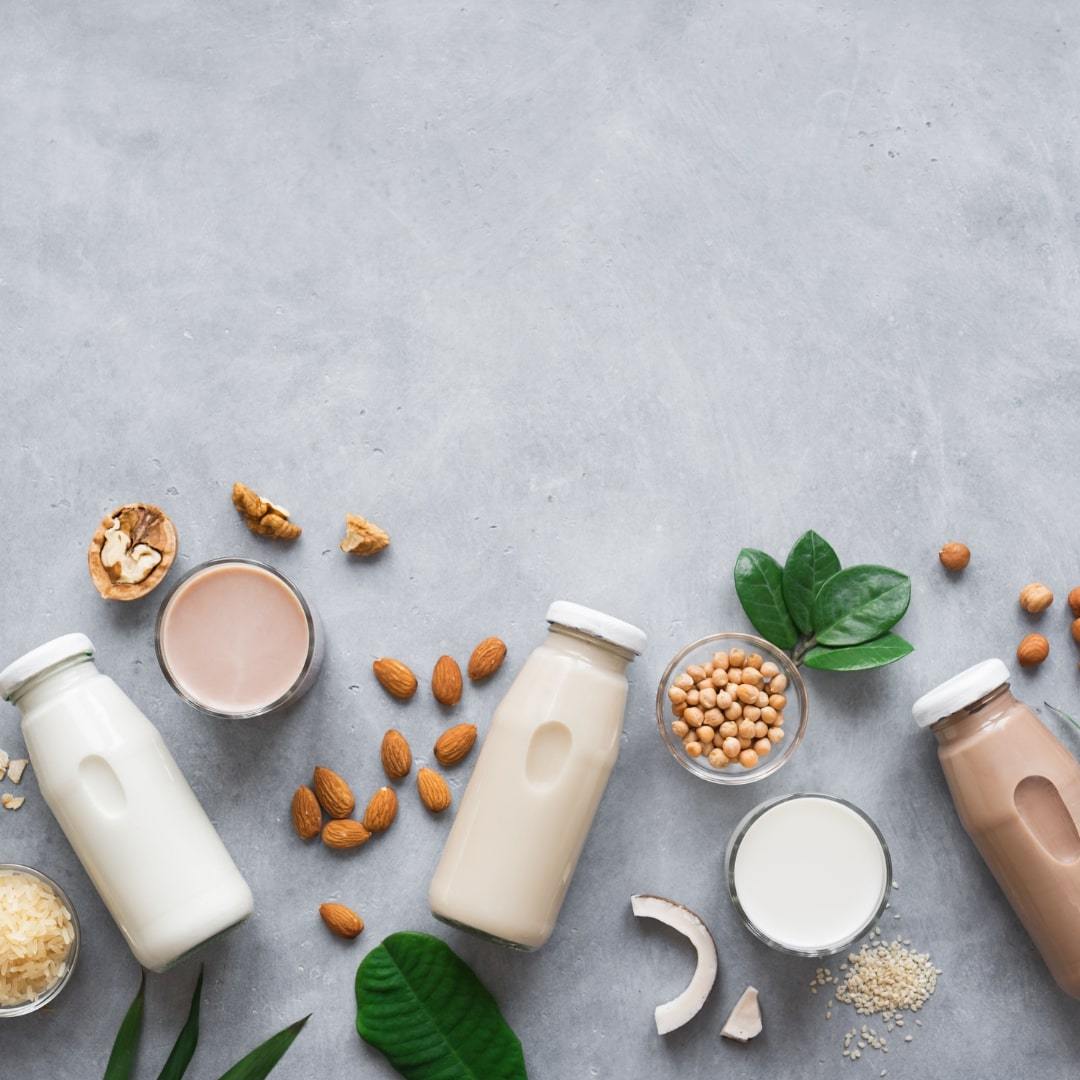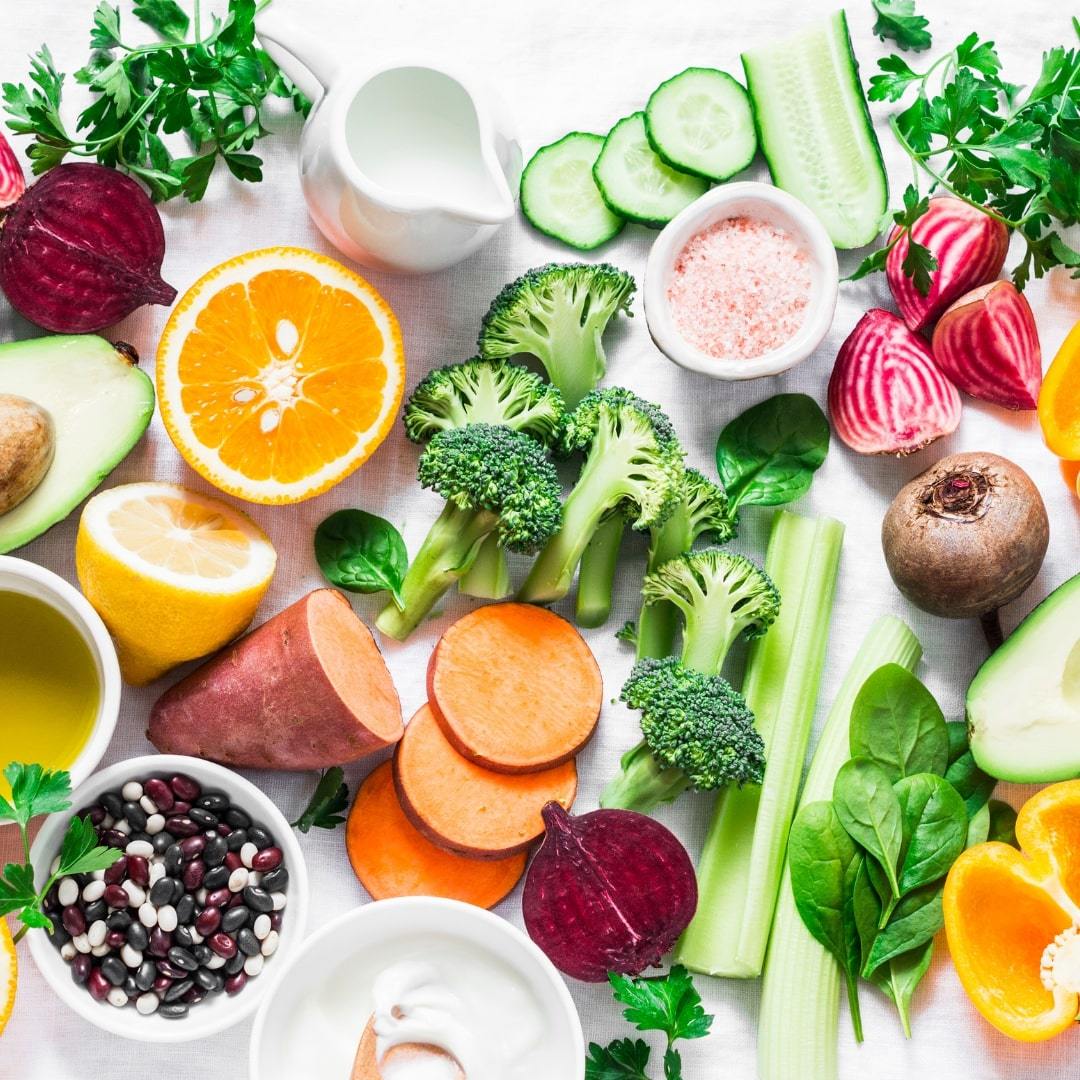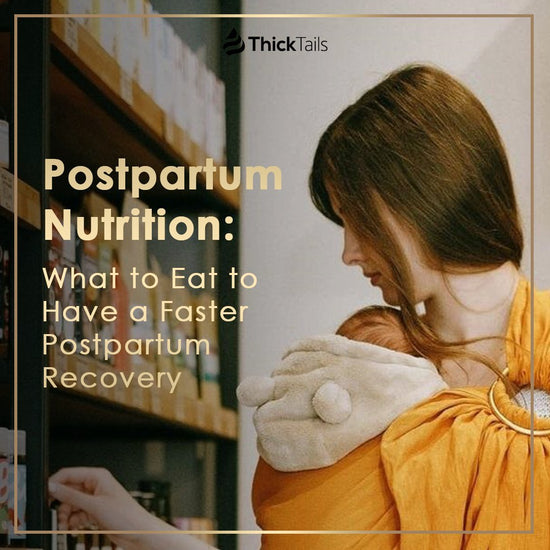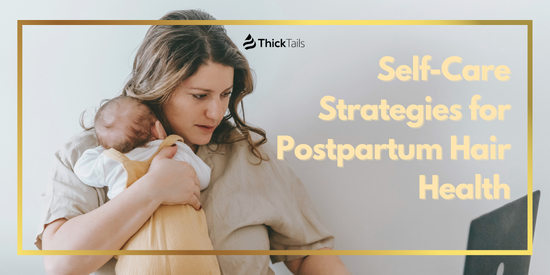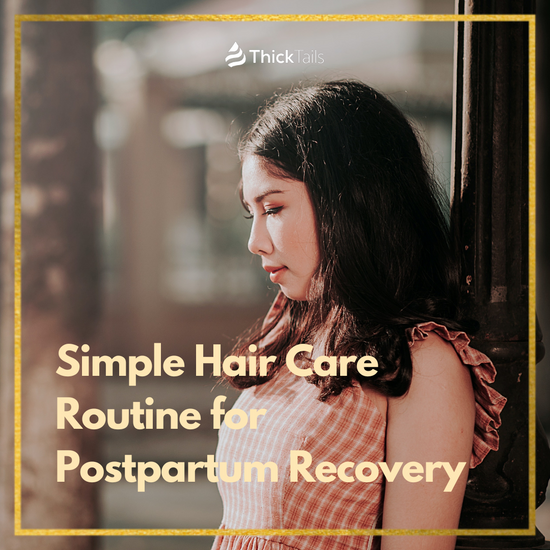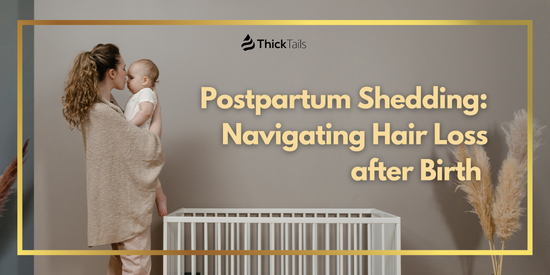Welcoming a little one into the world is one of the most beautiful and life-changing experiences a woman can encounter. However, the gift of motherhood often comes bundled with various changes, one being postpartum hair loss. This common yet distressing side effect of giving birth can leave new mothers searching for solutions to reclaim the luscious locks they've recently lost. If you're navigating the often bumpy road of postpartum hair loss, this comprehensive guide is crafted just for you – filled with insights and practical tips to support your hair recovery and regrowth.
Understanding Postpartum Hair Loss

Hair loss after childbirth is a common issue that affects many women, leaving them seeking answers and solutions during an already emotionally charged time. Known medically as postpartum alopecia, this phenomenon typically begins several weeks to months after delivery. It's an experience that can be quite alarming, as women may notice an unusual amount of hair falling out during brushing or showering. Understanding that this is a normal part of the postpartum experience for many women can be the first step towards managing and mitigating its effects.
Causes of Hair Loss After Pregnancy: Hormonal Changes and Other Factors
During pregnancy, elevated hormone levels can lead to a thicker, more luxurious head of hair, a "pregnancy glow" that many celebrate. But after giving birth, these hormonal levels start to return to normal, which can trigger a process called telogen effluvium – a fairly common and temporary form of hair loss. This spike in hair shedding typically occurs about three months postpartum and affects an estimated four out of five women. Although disheartening, it is often a natural part of the postpartum period and is your body's way of readjusting hormone levels.
Timeline of Postpartum Hair Loss: What to Expect
The shedding usually begins anywhere from a few weeks to four months after childbirth and can last up to a year. The timing can vary from woman to woman but tends to peak around the fourth month. It's important to understand that even though it may seem alarming, this shedding is not permanent and should eventually taper off.
For many women, the experience of postpartum hair loss is a temporary, albeit stressful, phase that eventually culminates in the regrowth of new hair. It's crucial for women going through this to remember they're not alone and that postpartum hair loss is a shared experience among new mothers globally. Patience and gentle hair care practices during this time can make a significant difference in managing hair loss and supporting healthy hair recovery.
Differentiating Between Normal Shedding and Excessive Hair Loss
It's normal to lose 50 to 100 hairs a day. During postpartum shedding, you might lose more, but this is not always the case. Excessive shedding can be a sign of something more, such as an iron deficiency or thyroid disorder, and should be evaluated by a healthcare professional. Make sure to monitor the amount of hair you're losing and consult your doctor if you feel it's excessive.
Tips for Promoting Hair Recovery and Regrowth
In the quest for hair recovery and regrowth postpartum, paying attention to your shampoo and conditioner can make a significant difference. Opt for products specifically designed for hair loss, which are gentle on the scalp and nourish the hair. Additionally, incorporating hair supplements into your daily routine can provide essential nutrients that support hair health. It's pivotal for women experiencing postpartum hair loss to understand that while this condition is temporary, the judicious selection of hair care products and supplements can expedite the recovery process, bringing them closer to reclaiming their pre-pregnancy hair.
Nutritional Support for Hair Health: Foods and Supplements
Good nutrition is key to healthy hair, and this is especially true for postpartum women. Consuming a balanced diet rich in iron, protein, and omega-3 fatty acids can help support regrowth. Foods like salmon, eggs, spinach, and lentils are excellent additions to your postpartum meal plan. Furthermore, considering supplements specifically formulated for postpartum hair health can provide vital nutrients that may be lacking from diet alone.
In addition to natural foods, hair supplements tailored for postpartum women can be particularly beneficial. These supplements are often packed with vitamins and minerals essential for hair repair and growth, such as biotin, vitamin D, and zinc, targeting the specific needs of women experiencing postpartum hair loss. This targeted support can be a crucial step in overcoming this condition and regaining confidence.
Postpartum Hair Care Practices: Gentle Styling and Scalp Care
When dealing with hair that's in the regrowth phase, taking a gentle approach is essential. Use wide-tooth combs or brushes designed to be gentle on the hair. Minimize heat styling and opt for protective styles that keep manipulation of the hair to a minimum. Scalp massages with nourishing oils can not only foster relaxation (much needed by new moms) but also stimulate the hair follicles and improve blood circulation to the scalp, aiding in faster growth.
Effective Treatments for Postpartum Hair Loss: From Oils to Professional Solutions
There are several treatments available to assist in hair recovery and regrowth. Over-the-counter minoxidil (Rogaine) is a well-known option that's been shown to help in some cases. Alternatively, talk to a professional about prescription products or in-office treatments. Natural oils like argan, jojoba, and castor oil can be applied to the scalp to nourish the hair and stimulate growth. Though it's important to note that not all treatments will work for everyone, and what works best for one person may not have the same effect on another.
Nurturing Your Hair Naturally

Navigating the path to overcoming postpartum hair loss, women can greatly benefit from carefully selecting their shampoo and conditioner, focusing on formulas that are mild yet enriching, designed to combat hair loss and support fragile new growth. Incorporating hair supplements into their daily regimen is another strategic move, as these supplements provide the essential nutrients needed for robust hair regrowth. While the experience of postpartum hair loss is undoubtedly challenging, understanding the right hair care practices—including the judicious choice of shampoo and conditioner and the supportive boost from hair supplements—can empower women to reclaim their hair’s health and confidence post-pregnancy.
DIY Hair Masks and Treatments: Natural Remedies for Postpartum Hair Loss
The world of do-it-yourself hair masks and treatments is vast, and many are said to help in the regrowth process. Simple masks made with ingredients like eggs, avocado, and honey can provide moisture and shine. Massage these into your hair and scalp, leave on for 30 minutes, and then wash out with a gentle shampoo. While there's no scientific guarantee they'll work, many women find comfort in these natural remedies.
Herbal Solutions for Hair Health: Incorporating Herbs into Your Hair Care Routine
Herbs like rosemary, lavender, and ginseng have been touted for their hair benefits. Incorporate them into your routine by steeping them in a mixture of water and apple cider vinegar to create an herbal hair rinse. This can help maintain a healthy scalp environment and, by extension, promote healthier hair growth.
In addition to these herbal solutions, selecting the right shampoo and conditioner specifically formulated for hair loss can greatly affect overall hair health for women experiencing postpartum challenges. Furthermore, hair supplements enriched with vitamins and minerals necessary for hair growth can also play a critical role in combatting hair loss experienced by many women after childbirth.
Maintaining Scalp Health: Tips for a Healthy Scalp Environment to Support Hair Growth
Scalp health is perhaps the most critical aspect of postpartum hair recovery. A healthy scalp provides an optimal environment for hair growth. This includes avoiding buildup from harsh products, keeping the scalp moisturized with natural oils, and protecting it from sun damage. Regular cleansing to remove dead skin cells and excessive oils is also vital. Shampoo and conditioners specifically designed for postpartum hair loss can be a game-changer, providing gentle cleaning and nourishment simultaneously.
Postpartum hair loss is a temporary and natural occurrence for many women, but it can still be stressful. Implementing these tips can help you foster a supportive environment for your hair to recover and regrow. Remember, patience and self-care are as crucial to the process as any product or treatment you may try. Your hair, like you, underwent significant changes during pregnancy and childbirth. Nurturing it with love and care will help ensure it continues to be as resilient and beautiful as you are.

